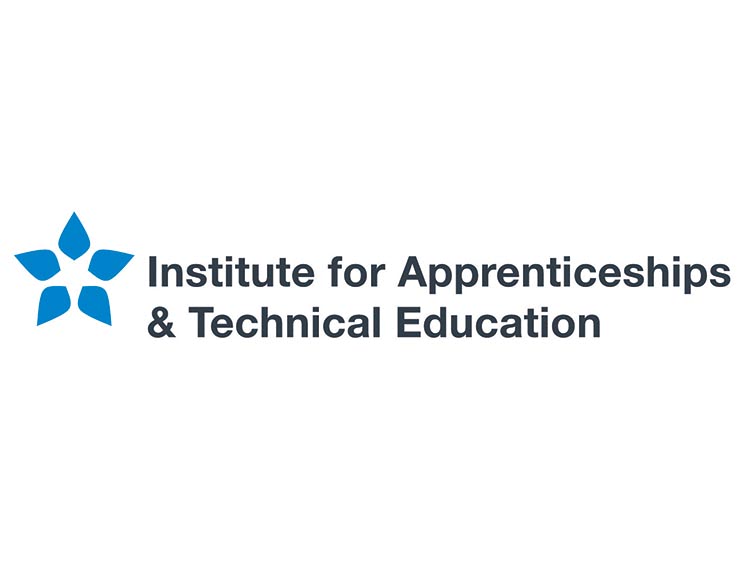Accounts / finance assistant

Reference Number: ST0608
Details of standard
Occupation:
Accounts/Finance Assistant
| Typical Job titles | Accounts Assistant / Accounts Payable Clerk / Accounts Administrator / Business Accounts Administrator / Finance Assistant Junior / Cost Accountant Assistant/ Assistant Bookkeeper / Junior Cashier / Junior Credit Control clerk / Data input clerk / Accounts Receivable Clerk/ General Administrator/ Bank Reconciliation Clerk/ Cash Poster/ Finance Administrator |
Role Profile:
An Accounts/Finance Assistant is an integral part of the team responsible for maintaining an efficient and accurate finance function within a business. The Accounts/Finance Assistant is responsible for assisting the team of accountants with junior accounting duties. These can vary massively depending on the team structure and size of business. An Accounts/Finance Assistant’s work could include basic bookkeeping activities, working with sales and purchase ledgers, running calculations to ensure that records and payments are correct, recording of cash and data entry. Accounts/Finance Assistants can work in almost any sector. Potential employers include corporate businesses, sole traders, partnerships, Public Sector, not-for-profit organisations and educational institutions. Accounts/Finance Assistants may work in-house for an organisation or they might work for accountancy firm, bookkeeping practice, Shared Service provider, self-employed or on behalf of several different clients.
Entry Requirements:
Individual employers will determine their own entry requirements.
Requirements:
All Accounts/Finance Assistants will demonstrate the following Knowledge, Skills and Behaviours.
| Knowledge | What is required for occupational competence? |
| General Business |
|
| Understanding Your Organisation |
|
| Accounting Systems & Processes |
|
| Basic Accounting |
|
| Ethical Standards |
|
| Skills | What is required for occupational competence? |
| Attention to Detail |
|
| Communication |
|
| Uses Systems and Processes |
|
| Personal Effectiveness |
|
| Behaviour | What is required for occupational competence? |
| Team Work |
|
| Personal Development |
|
| Professionalism |
|
| Customer Focus |
|
Duration:
Typically, 12 to 14 months.
Qualifications:
Apprentices will be required to take one of the professional qualifications listed below, as chosen by the employer to be most relevant to the job role:
- AAT Foundation Certificate in Accounting (Level 2)
- ACCA Certificate in Financial and Management Accounting (level 2)
- IAB Level 2 Certificate in Bookkeeping
- ICB Level 2 Certificate in Bookkeeping
Link to professional registration:
On completion, the apprentice will be able to apply for the appropriate level of professional membership aligned with this apprenticeship, dependent on the qualification chosen. Professional body memberships that are relevant to the options for this apprenticeship are:
- IAB – Associate level membership
- ICB – Associate level membership
Neither AAT nor ACCA offer professional registration upon completion of this Apprenticeship.
English and mathematics
Apprentices without Level 1 English and maths will need to achieve this level and taken the test for level 2 prior to taking their end point assessment. For those with an education, health and care plan or a legacy statement, the apprenticeships English and maths minimum requirement is Entry Level 3. British Sign Language qualifications are an alternative to English qualifications for whom this is their primary language
Level:
2
Review date:
Three years from the date of the Standard or when significant change is required.
Crown copyright © 2019. You may re-use this information (not including logos) free of charge in any format or medium, under the terms of the Open Government Licence. Visit www.nationalarchives.gov.uk/doc/open-government-licence












Responses